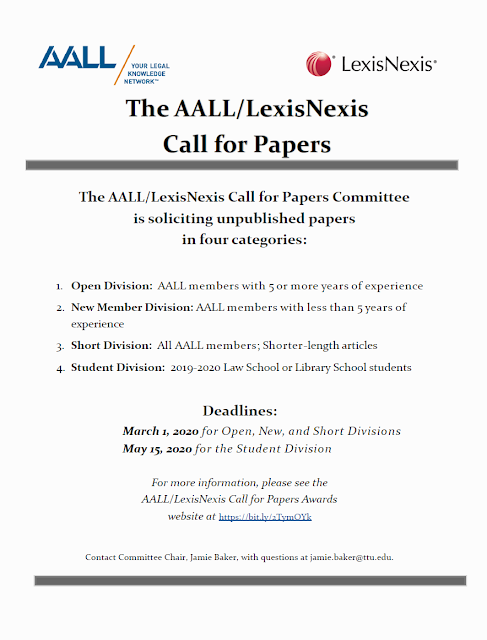Legal Internship or Free Labor?
Many law schools require their students to get practical legal experience with an unpaid internship. These internships are valuable for networking and for a hands-on education with a mentor. But an internship is more valuable if the student is actively learning. The internship is much less valuable if it merely amounts to free menial labor.
"With job openings scarce for young people, the number of unpaid internships has climbed in recent years, leading federal and state regulators to worry that more employers are illegally using such internships for free labor."
Interns must be paid if an employer cannot comply with the six federal legal criteria that must be satisfied for an internship to be unpaid. "Among those criteria are that the internship should be similar to the training given in a vocational school or academic institution, that the intern does not displace regular paid workers and that the employer 'derives no immediate advantage' from the intern’s activities — in other words, it’s largely a benevolent contribution to the intern."
However, many employers fail to pay even though their internships do not comply with the six federal legal criteria, and there are "cases where unpaid interns really were displacing workers and where they weren’t being supervised in an educational capacity.”
This is becoming an even larger problem with the glut of law students and new attorneys who are looking for anything to add to their resumes. I've heard stories of Ivy League graduates working for free trying to make it to the next rung. We're also seeing that, in many instances, much of the work is menial with little supervision. It will do any law student well to make sure that they are actually learning and that their legal internship is heavily supervised with an educational component.
And the next question is, do these unpaid internships favor well-to-do and well-connected students?
"While many colleges are accepting more moderate- and low-income students to increase economic mobility [including law schools], many students and administrators complain that the growth in unpaid internships undercuts that effort by favoring well-to-do and well-connected students, speeding their climb up the career ladder. Many less affluent students say they cannot afford to spend their summers at unpaid internships, and in any case, they often do not have an uncle or family golf buddy who can connect them to a prestigious internship."
And it all boils down to who you know...
NYTimes -- Unpaid Intern, Legal or Not
NYTimes -- Jobs Few, Grads Flock to Unpaid Internships
NYtimes -- Internships for Credit, but Is It Due?
"With job openings scarce for young people, the number of unpaid internships has climbed in recent years, leading federal and state regulators to worry that more employers are illegally using such internships for free labor."
Interns must be paid if an employer cannot comply with the six federal legal criteria that must be satisfied for an internship to be unpaid. "Among those criteria are that the internship should be similar to the training given in a vocational school or academic institution, that the intern does not displace regular paid workers and that the employer 'derives no immediate advantage' from the intern’s activities — in other words, it’s largely a benevolent contribution to the intern."
However, many employers fail to pay even though their internships do not comply with the six federal legal criteria, and there are "cases where unpaid interns really were displacing workers and where they weren’t being supervised in an educational capacity.”
This is becoming an even larger problem with the glut of law students and new attorneys who are looking for anything to add to their resumes. I've heard stories of Ivy League graduates working for free trying to make it to the next rung. We're also seeing that, in many instances, much of the work is menial with little supervision. It will do any law student well to make sure that they are actually learning and that their legal internship is heavily supervised with an educational component.
And the next question is, do these unpaid internships favor well-to-do and well-connected students?
"While many colleges are accepting more moderate- and low-income students to increase economic mobility [including law schools], many students and administrators complain that the growth in unpaid internships undercuts that effort by favoring well-to-do and well-connected students, speeding their climb up the career ladder. Many less affluent students say they cannot afford to spend their summers at unpaid internships, and in any case, they often do not have an uncle or family golf buddy who can connect them to a prestigious internship."
And it all boils down to who you know...
NYTimes -- Unpaid Intern, Legal or Not
NYTimes -- Jobs Few, Grads Flock to Unpaid Internships
NYtimes -- Internships for Credit, but Is It Due?


Comments
Post a Comment